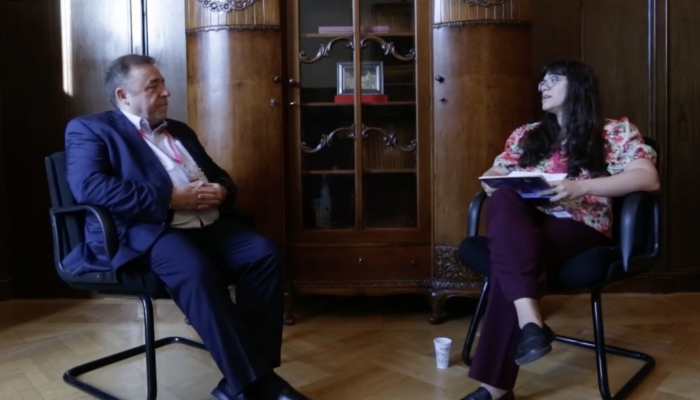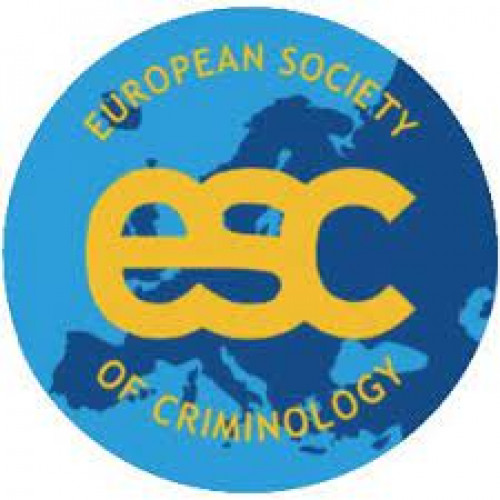New ECOH interview: Marcelo Aebi

Marcelo F. Aebi is a Professor of Criminology at the University of Lausanne, Switzerland, and Executive Secretary of the ESC. Additionally, Prof Aebi is the Chair of the expert group for the European Sourcebook of Crime and Criminal Justice Statistics, a scientific expert for the Council of Europe (responsible for the SPACE: Council of Europe Annual Penal Statistics), and the Chair of the Scientific Committee of the Netherlands Institute for the Study of Crime and Law Enforcement (NSCR). Having held faculty positions in Spain (University of Seville and Autonomous University of Barcelona), he is also an honorary member of both the Italian Society of Criminology and the Illustrious College of Lawyers of Cusco (Peru), an honorary professor at José Carlos Mariátegui University (Peru), and a recipient of the Fernand Boulan Award from the International Association of Francophone Criminologists (AICLF).
As expected from a leading scholar who has served as Executive Secretary of the ESC for over two decades, Marcelo Aebi’s ECOH interview is replete with insightful comments and reflections. In his conversation with Lorena Molnar (University of Lausanne), recorded in Bucharest, Aebi revisits his career, discussing not only large-scale, long-term projects such as the European Sourcebook and the SPACE statistical yearbooks but also shorter-term—yet critical—initiatives, such as his 1990s studies on harm-reduction drug policies in Switzerland and the current podcast series interviewing prominent European criminologists. Born and educated in Argentina, Aebi also reflects on differences in academic cultures, issues of identity, and the role of luck in academic careers. Unsurprisingly, however, a significant portion of the interview focuses on the founding and development of the ESC and Marcelo Aebi’s role as its long-standing Executive Secretary. Within this context, he considers the ESC’s contribution to the remarkable growth of Criminology across Europe over the past quarter-century and reaffirms the ESC’s commitment to remaining an open and diverse academic society.
